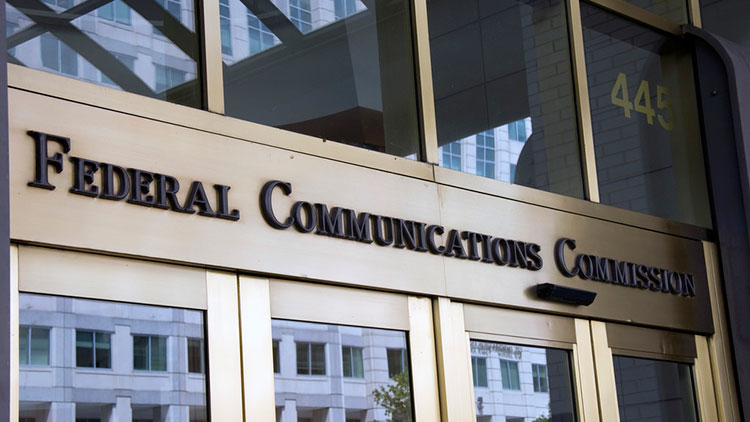FCC Waives TV Station Auction Quiet Period

The smarter way to stay on top of broadcasting and cable industry. Sign up below
You are now subscribed
Your newsletter sign-up was successful
The Wireless Telecommunications Bureau will waive its rules prohibiting TV stations that participated in the reverse portion of the incentive auction from communicating bids and bid strategies.
The FCC will let broadcasters start doing some talking with each other now that their part of the spectrum auction is over, and has been since Jan. 18.
"The Wireless Telecommunications Bureau waives the rules prohibiting communication between specified parties of any incentive auction applicant’s reverse auction bids or bidding strategies," the bureau said Monday. "This limited waiver will serve the public interest in a rapid, non-disruptive post-auction transition by enabling broadcasters and related parties to prepare by communicating post-auction channel assignment information without risk of violating FCC rules. This limited waiver does not affect the rules that prohibit communication of any incentive auction applicant’s forward auction bids or bidding strategies."
Related: Open Internet Order Fans Gird for Fight
TV stations in the auction are subject to FCC prohibitions on communications (to prevent possible collusion).
While at press time bidding on broadcast spectrum by forward auction bidders -- wireless companies and others -- was still chugging along, broadcasters' reverse auction payout of $10 billion was set Jan. 18, when the reverse portion of the auction ended, as is which stations were the winning bidders.
The prohibitions did not include necessary communication of bidding or strategy information to third parties including legal counsel, lenders or consultants, so long as the licensee took steps to ensure that third party did not share it with other auction participants.
The smarter way to stay on top of broadcasting and cable industry. Sign up below
Related: FCC's Pai Will Share Items With Other Commissioners First
“Today, we are taking an important step to facilitate a rapid and orderly repack of television broadcast stations following the close of the incentive auction,” said FCC Chairman Ajit Pai. “Broadcasters have asked for this waiver in order to make it easier for television stations to engage in planning and coordination for the post-auction transition. I look forward to working with broadcasters and wireless carriers going forward on further steps to ensure a smooth post-auction transition.”
Preston Padden, former executive director of the Expanding Opportunities for Broadcasters Coalition, was among those who had called on the FCC to let stations start talking as they plan their post-auction repack, which could include spectrum sharing.
"Because all auction bidding by broadcasters has concluded, the Commission should immediately end the 'Quiet Period' for broadcasters," Padden said in informal comments last month.
The FCC appeared to agree there was not harm in allowing the conversations.
"Now that the final stage rule has been satisfied, communications between broadcasters regarding reverse auction bidding and results can have no effect on bidding in the reverse auction," the bureau said.
"Kudos to the FCC Staff on being responsive to broadcaster comments and waiving the Quiet Period regarding the reverse auction. This will be a huge help as broadcasters plan for the transition."
The FCC also signaled that it would be sending out letters to TV stations that are not going off the air after the auction with their channel assignments in the repack.
Contributing editor John Eggerton has been an editor and/or writer on media regulation, legislation and policy for over four decades, including covering the FCC, FTC, Congress, the major media trade associations, and the federal courts. In addition to Multichannel News and Broadcasting + Cable, his work has appeared in Radio World, TV Technology, TV Fax, This Week in Consumer Electronics, Variety and the Encyclopedia Britannica.

